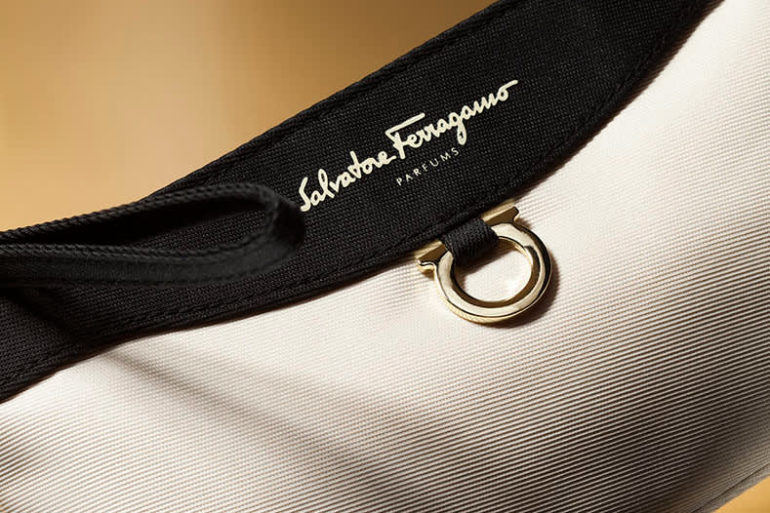Multiple third-party sellers allegedly advertised and facilitated the sale of counterfeit Salvatore Ferragamo goods on Amazon, according to two joint lawsuits Amazon and the Italian luxury label filed Thursday.
The lawsuits filed in U.S. District Court for the Western District of Washington accuse four sellers and three businesses of using Amazon to peddle counterfeit belts that featured Ferragamo’s branding and design elements. Other unnamed defendants, dubbed “Does 1-10,” are included in both complaints.
The four third-party sellers named in the lawsuits are Zhao Hao Jun of China; Zhang Lianfa of China; Li Yong; and Wu Pianpian. Zhao and Zhang didn’t immediately respond to a request for comment. Li and Wu couldn’t be located for comment.
The cases represent Amazon’s latest effort to prevent the sale of counterfeits on its sprawling third-party marketplace. The marketplace now accounts for more than half of Amazon’s e-commerce sales and has helped the company bring in record revenue. But it has also shown to host counterfeit, unsafe and even expired goods, prompting the company to invest hundreds of millions of dollars per year to ensure products are safe and compliant.
Amazon has gone after counterfeiters in court and rolled out various programs to seek and detect sales of counterfeit goods. Last June, it launched the Counterfeit Crimes Unit, made up of former federal prosecutors, investigators and data analysts, to mine the site for fraudulent activity.
Fake products can be particularly harmful to credible brands that sell on Amazon because they siphon away business and can force businesses that already survive on low margins to further lower their prices to compete. Amazon, which launched a dedicated luxury section of its site last September, has an incentive to protect its relationships with brands in order to ensure they will continue to offer their goods on the platform.
Amazon and Ferragamo filed two separate lawsuits against the suspected counterfeiters, but the activities alleged in the complaints are similar in nature. In both complaints, Amazon and Ferragamo say they confirmed the items were fakes by purchasing a series of them. When the items arrived, they showed trademarked Ferragamo branding. Amazon said it shut the accounts down after it discovered they were selling counterfeits.
In many cases, the listing pages for the counterfeit products left out “any mention of the Ferragamo word mark in the product descriptions,” likely to evade Amazon’s anti-counterfeiting detection tools, one complaint states.
Additionally, several of the defendants took steps to hide their identities and location by using fake names and contact information, as well as unregistered businesses to operate on the platform, Amazon alleges.
Many of the seller accounts offering the counterfeit items appeared to be connected to one another, both complaints allege. They used similar tactics to ensure their listings wouldn’t get flagged by Amazon, and in some cases, counterfeit Ferragamo items from the various sellers would arrive in similar packaging, be shipped from the same address or be priced identically.
Amazon and Ferragamo are seeking unspecified damages from the defendants, as well as an injunction from the sellers and businesses that would bar them from selling any products on Amazon or any products using Ferragamo’s branding.



